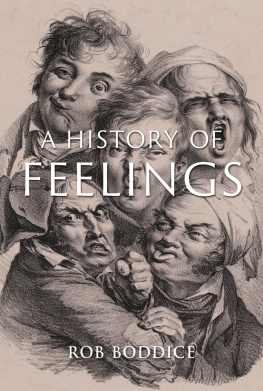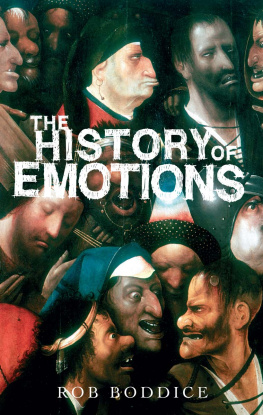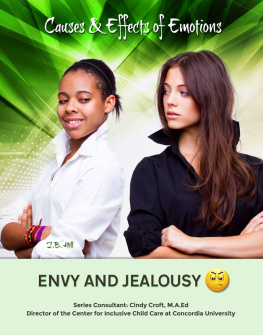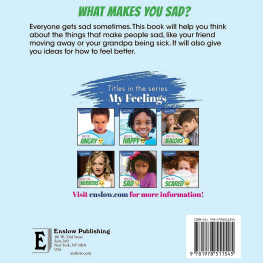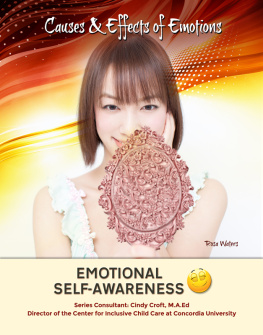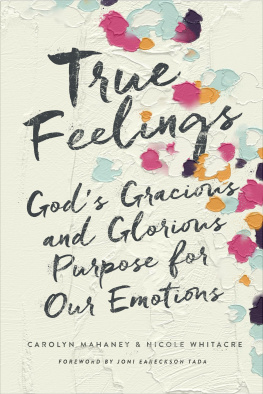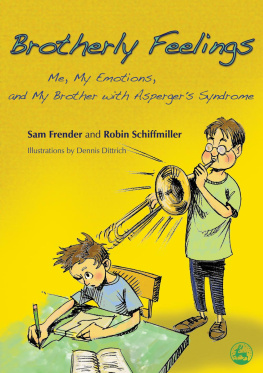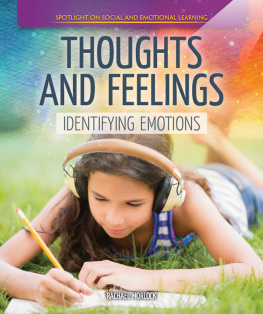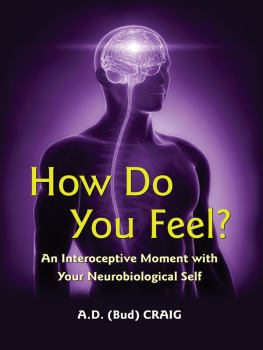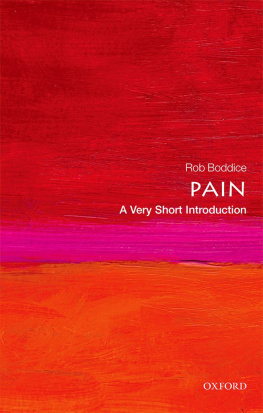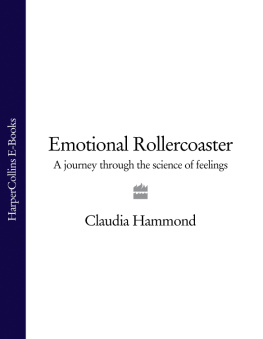INTRODUCTION:
FEELING FOR HISTORY
I remember a particular high-school history project, from around 1993. I was about fifteen years old. In a former mining village a couple of miles outside Burton-on-Trent, my peers and I were charged with exploring the historical experiences of local people during the First World War. Burton had been among the first places in Britain to undergo aerial bombardment, so naturally the Zeppelin raids were an integral part of our local focus. The task: write an empathetic account of what it was like to experience a Zeppelin bombing raid in Burton in January 1916. We were given resources: local newspaper cuttings, secondary sources describing the events and their consequences, technical details about Zeppelins and how to defend against them, as well as local historical context about Burton, its industrial and economic importance and so on. Armed with this information, we were told to engage our historical imaginations and empathize with an imagined character from the past, hiding under a kitchen table, or dealing with the loss of friends and neighbours to this distinctly modern killing technology. No small task.
I think, from memory, that this task was to encompass all of 1,000 words. It would be fitting and highly complimentary to the framers of GCSE History examinations if I could locate this as the moment that I started out on the path to becoming a historian of emotions and experience. It was not (pace David Frater, my erstwhile history teacher). In fact, I begin with this anecdote in order to make two serious points. The first is that empathy is something that people might take for granted as an exercise in exploring the emotions of others that is easily and readily applied to the past. This hinges on the assumption that what I can imagine about my feelings if I were Faced with an unfamiliar circumstance, we may still try to empathize, but we may fall well short of approximating what it feels like to be the other. The further from our experience a situation is, the less likely we shall be able successfully to empathize with it. Some situations that are particularly alien may not even trigger an attempt to empathize at all. I ask now whether I had sufficient information to hand in order to empathize with a resident of Burton in 1916, about their work, lives, speech, identity, struggles, gestures, about the layers upon layers of emotional regimes family, class, community, nation, allies and about the processes of othering that made for enmity and hatred in a time of war. I conclude that I did not.
The second serious point, then, is that while empathy seems to mark out one of the limits of history (or historiography, properly speaking), there are yet reasons to be sanguine about transcending those limits by other means. There was something of a backlash against historical empathy as I was being trained as a history undergraduate in the late 1990s. As the discipline of history reeled from the onslaught of postmodernity, which threatened to reduce historical writing to a highly selective and emplotted process, arising from the imagination of novelist-like historians, the primacy of evidence, empirical research, contextualization and the inherent limitedness of historical narratives was reasserted. We can get at a history of feelings, but only if we first relinquish the primacy of our own as a guide. This is not historical practice as a practice of empathy, but the surrender of empathy in order to try to find how the dead once felt.
THE HISTORY OF emotions, now a major focus in the discipline of history, has taken off in the last decade. Still, one could be forgiven for wondering where the history of emotions is. Despite the great explosion of work being produced by historians on feelings, passions, emotions and sentiments, few have attempted general coverage, and none have attempted a narrative from antiquity to the present, to unfold a story of the history of emotions across historical time. I wrote that book because of the difficulty I perceived for anybody wishing to begin work in the history of emotions. The array of methodological and theoretical texts was diffuse and difficult to connect. A starting point seemed to be at once everywhere and nowhere. While those pages were about the historians craft, I did note in them that we still want for an example of a history-of-emotions narrative that transcended traditional historical periodization and limitations of expertise. In these pages, therefore, I seek to exemplify how to do a history of emotions in the broadest possible strokes. It is not a close academic study of a small moment or a single place, but an attempt at a narrative of affective life in the epic mode. There are a thousand ways such a story could be told and I make no pretence that this is the definitive narrative. But it is one narrative, a story to begin with, for others to challenge, embellish, colour and augment.
This book rejects a universal theory of the emotions and adopts a biocultural approach to argue that how we feel is the dynamic product Emotional encounters and individual experiences alike are explained in historical and cultural context to rehabilitate the unsaid the gestural, affective and experiential of traditional historical narratives. We are accustomed to the historical focus on reason, in which the loud, if not screaming, claims of strong feelings are dismissed as irrational. I assume that division, between reason and the irrational, to be false, but we must still ask how historical actors from different periods theorized and experienced the irrational. In many cases we find that feelings were not rationalitys other after all, but part of a relatively stable understanding of sympathy between body and mind, ratio and passio.
Insofar as the book is limited to historical time, it eschews the kind of neurobiological narrative that seeks to find in human bodies the deep evolutionary structures that are pre-cultural. I have said elsewhere that while it is all very well to speculate on what is automatic in human behaviour naturally occurring processes, as it were it is impossible to conceive of a human being outside of culture.scripts that determine the when and the how of expression so too must experience itself have changed. What a dreadful waste of time it would be to argue that only the faces of emotions have changed, while the emotions themselves are timeless. Rather, each is implicated in, and formative of, the other. This is not circular, but dynamic, contextual and mutable. When we see these dynamics practised in the past, we are given cause to reflect: who or what shapes the parameters of my own experience? How do I feel really

